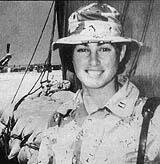Religion: Judaism-Orthodox
Jane Brass Fischel
An outstanding communal leader in New York City’s Orthodox Jewish community in the early twentieth century, Jane Brass Fischel was a generous philanthropist and active participant in Jewish communal activities.
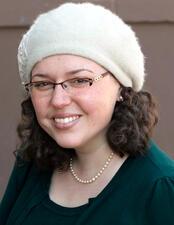
Ruth Balinsky Friedman
Rebecca Fischel Goldstein
The quintessential rebbetzin [rabbi’s wife], Rebecca Fischel Goldstein was a prime mover in her husband’s drive to build the Institutional Synagogue and make it a center of Jewish life in Harlem. As a consummate volunteer leader, she strove to make women a dominant force in organized Jewish life.
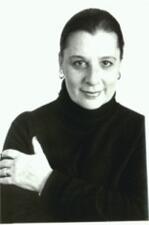
Blu Greenberg
Blu Greenberg is known as the mother of Orthodox feminism and is author of On Women and Judaism: A view from Tradition. She coined the phrase “Where there’s a rabbinic will, there’s a halakhic way,” demanding that rabbis find systemic solutions to help women who feel trapped by aspects of halakhah. Greenberg is a fierce advocate for agunot, women trapped in unwanted marriages.

Haredi Women's Filmmaking in Israel
In the early twenty-first century, Haredi cinema began to flourish, first in Israel and then in the United States and elsewhere. Haredi women have made films that focus on relationships among women, that are often much more aesthetically elaborate than Haredi men’s films, and that address issues that until recently were considered taboo.
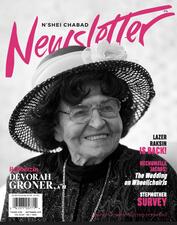
Hasidic Women in the United States
Hasidism
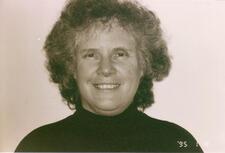
Rivka Haut
Gertrude Hirschler
A celebrated translator of deft skill and a woman of great principle, Gertrude Hirschler refused to translate, edit, or publish any book that did not mesh with her ideals or beliefs. Hirschler’s literary contributions are highly regarded in the areas of Jewish history, the Holocaust, religious literature, and Zionism.
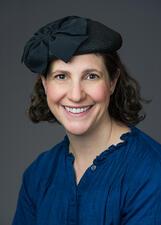
Sara Hurwitz
Sara Hurwitz was the first Orthodox woman to be publicly ordained and serve in an Orthodox synagogue, the Hebrew Institute of Riverdale. She went on to co-found, with Rabbi Avi Weiss, Yeshivat Maharat, the first institution to provide a credentialed pathway for Orthodox women to be ordained and serve as rabbis.

Jewish Feminism in the United States
Challenging all varieties of American Judaism, feminism has been a powerful force for popular Jewish religious revival. The accomplishments of Jewish feminists have transformed American Jewish life, even as the ultimate goal of gender equity and shared power has yet to be fully realized.
Jewish Orthodox Feminist Alliance
JOFA, the Jewish Orthodox Feminist Alliance, was the first Orthodox feminist organization in the United States. Since 1997, it has striven to expand Jewish women's religious and spiritual roles within the parameters of halakhah and to address specific halakhic issues related to women in marriage and divorce. JOFA provides practical suggestions for increasing women's participation in religious rituals and halakhic-theoretical views on modern Jewish observance.

Women, Music, and Judaism in America
Norma Baumel Joseph
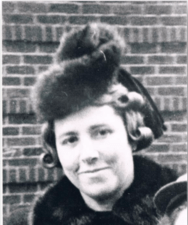
Irma Rothschild Jung
Irma Rothschild Jung, a native of Randegg, Baden, Germany, was born on July 1, 1897, and until her death close to a century later, dedicated her substantial energies to pioneering Jewish communal programs in aid of the needy. Her leadership and influence were deeply felt in the broader Jewish community by the countless individuals, young and old, who benefited from her generous spirit.
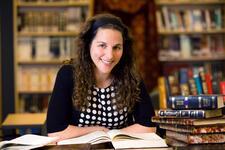
Lila Kagedan
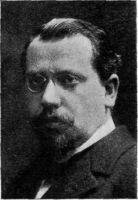
Mordecai Kaplan
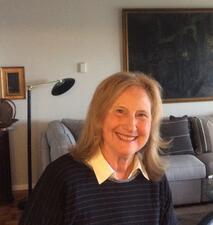
Debra Renee Kaufman
Debra R. Kaufman has been a central voice in sociology, feminist studies, and Jewish Studies for over four decades. Her scholarship has spanned topics such as the role of women in Orthodox Judaism, post-Holocaust Jewish identity narratives, and contemporary American Jewish identity.
Ruth Kisch-Arendt
Ruth Kisch-Arendt, an Orthodox Jew, became one of Germany’s foremost performers of lieder (nineteenth–century allegorical poems set to music)through the intense period of anti-Semitism leading up to the Holocaust. After World War II, Kisch-Arendt used her talents to highlight great Jewish composers.
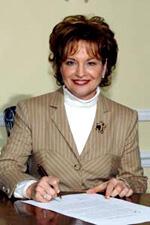
Julia Koschitzky
An activist, philanthropist, and leader of Canadian and world Jewry, Julia Koschitzky was born in Cardiff, Wales, the daughter of Max Podolski and Elli (Moses) Podolsk. The family relocated to Canada in 1949, eventually settling in Toronto in 1956. Julia and her husband Henry Koschitzky became involved in communal leadership and philanthropy, specifically in Jewish education and social welfare, and she took on active roles in Jewish affairs both in Toronto and around the globe.
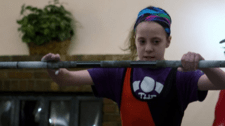
Naomi Kutin

Leaders in Israel's Religious Communities
Since the late twentieth century, Israeli women have begun to assume leadership positions that are undoubtedly “religious” in both content and form. In the Reform and Conservative movements, gender equality has existed for decades, while in the most traditional ultra-Orthodox societies distinctive female religious leadership exists only within halakhic constraints. In modern Orthodoxy, measured changes have led to significant changes over the years and a new generation of religious leadership.
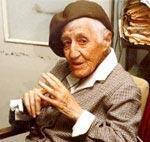
Nehama Leibowitz
Although Nehama Leibowitz refused to acknowledge that she was a revolutionary in any way, ultimately her unique achievements changed Orthodox society’s perception of a woman’s capabilities and undoubtedly opened doors for the female Torah scholars who followed. Through her teaching, Leibowitz brought numerous people, including non-Jews, to a new conception of Torah study.
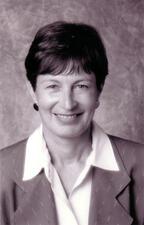
Belda Lindenbaum
Belda Lindenbaum was driven by the birth of her daughters to create new opportunities for Jewish women and girls.

